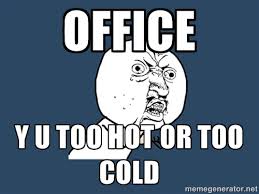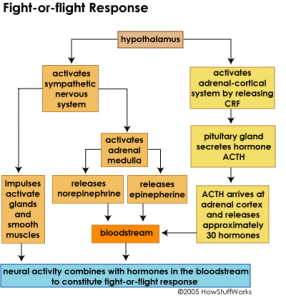As I was about to eat breakfast, I had trouble deciding which kind of cereal I wanted to eat. At After a few minutes of debating I finally picked “Trix” and the slogan “Trix are for kids” popped into my head, which is how I came up with the title of this blog. None the less, in my last blog post I talked about leisure, and one of its components: leisure. Now I will elude to the other component: play which is a context with improvisational potential, which provides for a creative outlet. Also, it something apparently purposeless, voluntarily done for its own sake, and an activity which makes one feel good (loosens sense of obligation and time).
Why do we play?
- Development and Change
- Cultural Assimilation
- Learning and Practicing Skills
- Socializing
- Exploration of our Environment
Researchers from Concordia University and Wilfrid Laurier University examined the way grandparents can establish strong ties with the grandchildren. After observing the two different generations interact, lead author Shannon Hebblethwaite concluded that “shared leisure time allows grandchildren and their grandparents to establish common interests that , in turn, enable them to develop strong inter-generational relationships and pass down old traditions.
One example was, Gardening with grandma. In this study 16 grandparents aged 65 to 89 as well as 14 grandchildren aged 18 to 24 were investigated to see the interactions. Many times grandparents take advantage of events that typically bond generations such as vacations, holidays, cooking, gardening, etc. in order teach, mentor and pass on legacies. On the reverse side, these encounters gave grandparents the chance to discover things like email, face timing, etc.
Additionally, play promotes development and change. For example, according to this article, during play, children from birth to age three begin to jabber to themselves and use gestures. This transitions to them slowly beginning to use words to communicate.
Follow this link to see more information on the items bulleted above.
Is Play Just for Kids?
One day in my parks and recreation class, a guest speaker visits and actually talked about “play”. He went on to explain how animals play as well, as do adults. After research, I found that most animals stop playing after adolescence. This is because it is dangerous for adults to play since other animals are out to hunt them.
Humans are considered the “biggest players” since we display neoteny and retain juvenile characteristics into adulthood.
Are there any benefits from play after adolescence?
Certainly! Neoteny is an evolutionary strategy to retain plasticity, which is the quality of being easily shaped or molded. This allows humans to develop and grow their whole life.
http://www.sciencedaily.com/releases/2011/02/110214115444.htm
http://www.parentingscience.com/benefits-of-play.html
http://udel.edu/~roberta/play/benefits.html
























